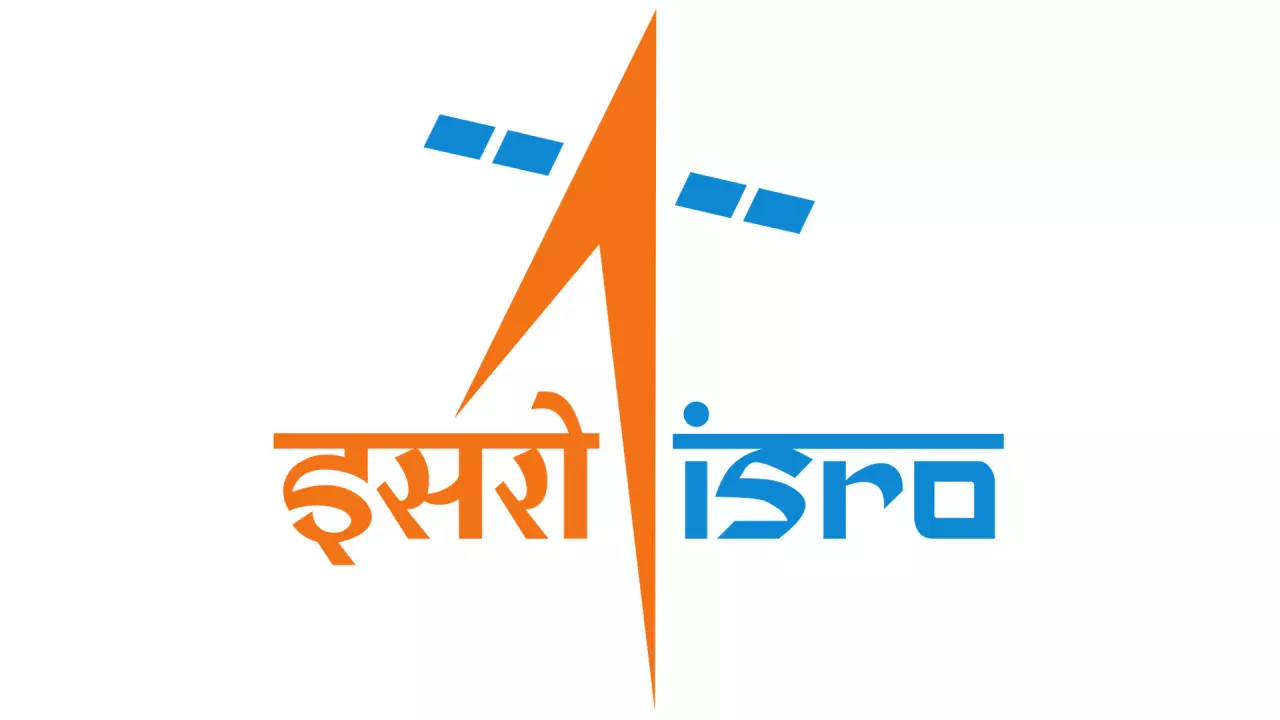Mission Launched in Leh to Test Human Endurance in Extreme Space Conditions
ISRO has launched its first analog space mission in Leh, simulating life in interplanetary habitats to assess human endurance and health under harsh conditions. This month-long initiative is part of India's preparations for lunar missions and future exploration of Mars.
ISRO

The Indian Space Research Organisation (ISRO) has launched its first analogue space mission in Leh, aiming to simulate life in an interplanetary habitat and address the challenges of establishing a base station beyond Earth.
This month-long mission, which began in mid-October, is a key step in India’s goal to send humans to the Moon. It is part of broader plans to create lunar habitats that could serve as launch points for future interplanetary missions.
On Friday, ISRO announced via ‘X’ that this initiative is a collaborative effort involving the Human Spaceflight Centre, AAKA Space Studio, the University of Ladakh, IIT Bombay, and the Ladakh Autonomous Hill Development Council.
Leh was chosen for its geographical features, which closely resemble those of the Moon and Mars, making it an ideal site for scientific training related to planetary exploration.
The mission's primary objectives include replicating the harsh conditions found on the Moon and Mars to study human endurance, psychological effects, and health in isolation. This research is essential for preparing for actual space missions like the Gaganyaan program and future lunar or Martian habitats.
Additionally, the mission will serve as a testing ground for various habitat designs that can sustain human life in extreme environments, highlighting India’s innovation in developing sustainable living solutions for space exploration.

